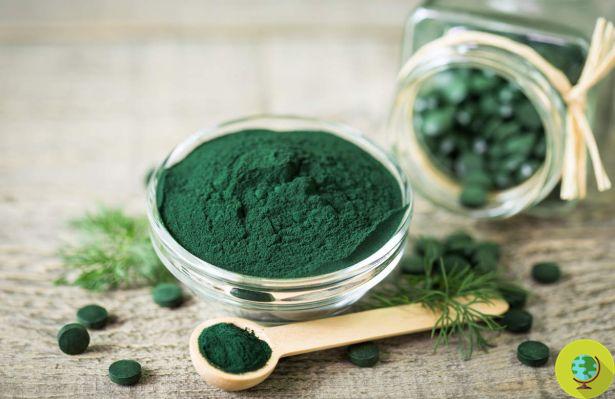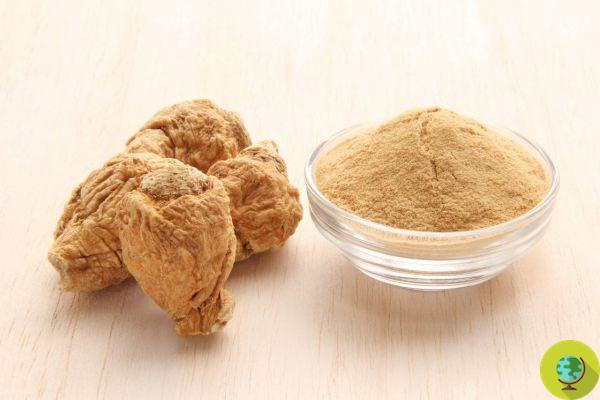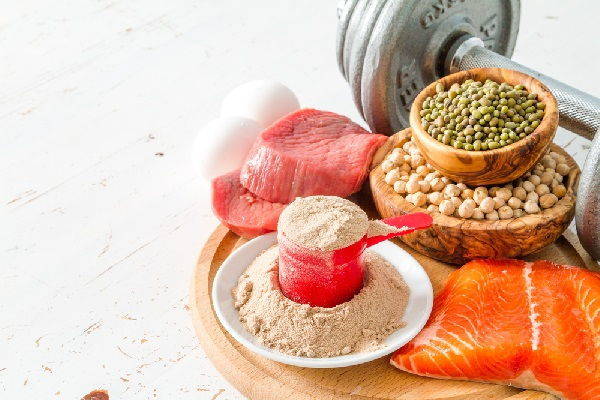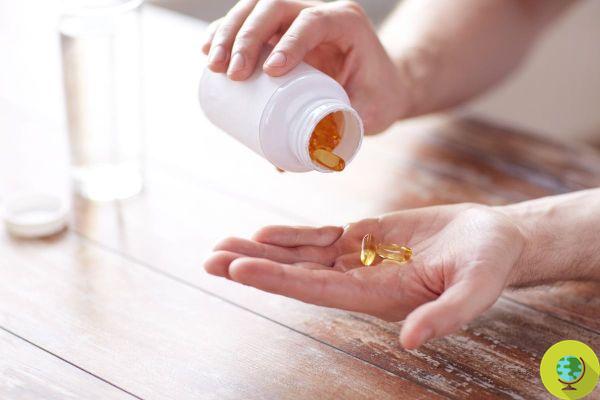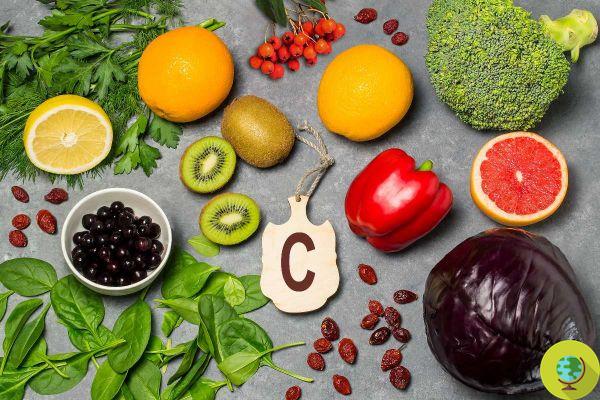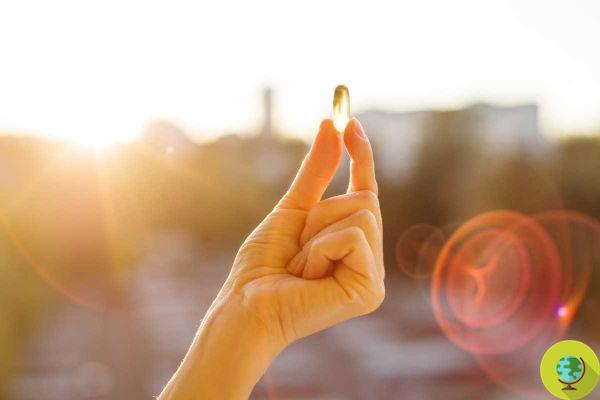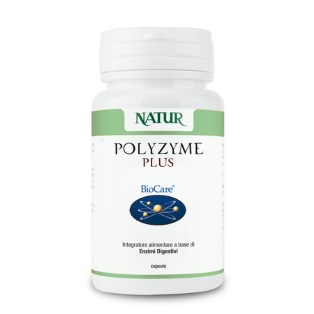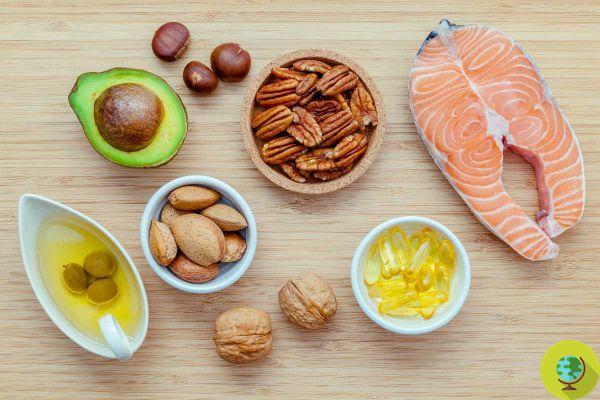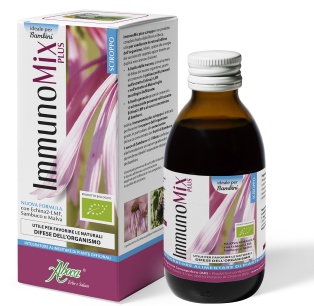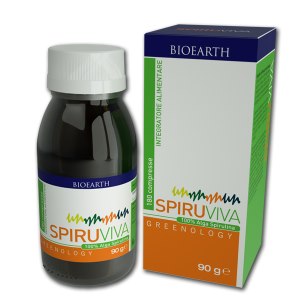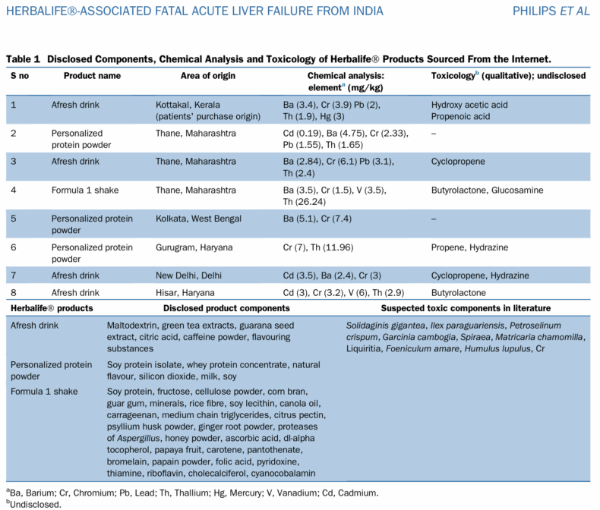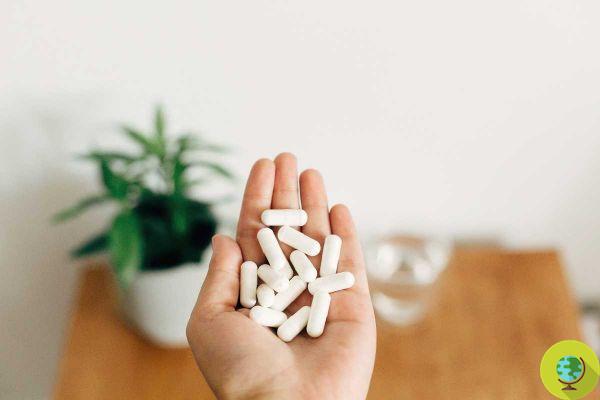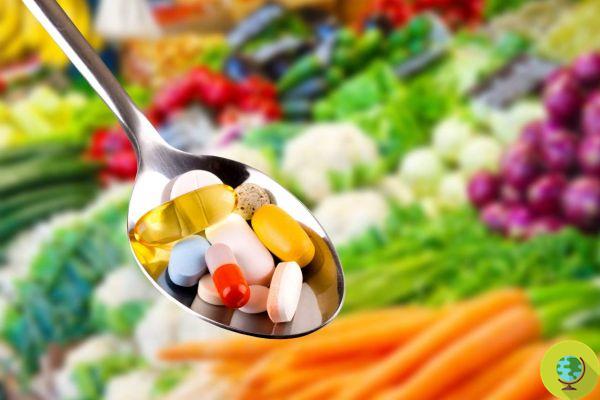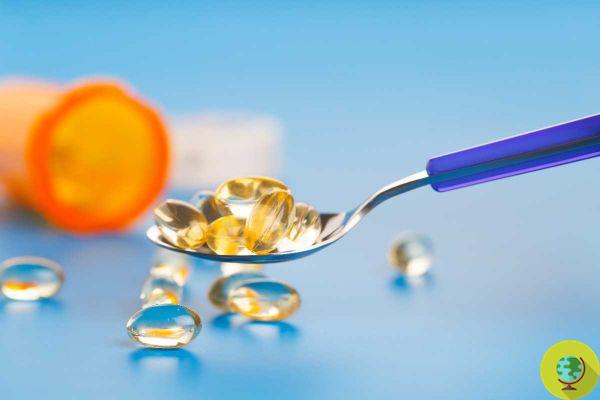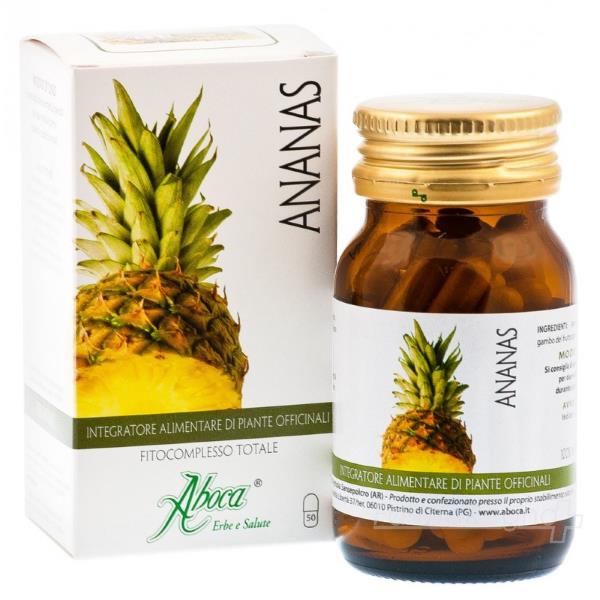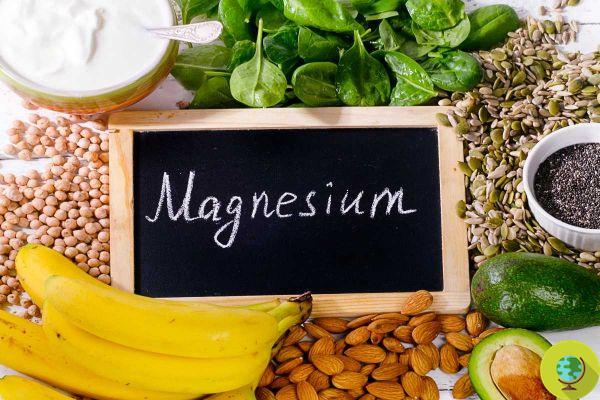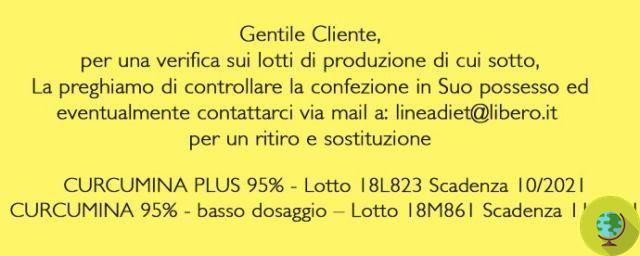
Vitamin C is essential for our health but, when the recommended doses are exceeded, several undesirable effects can be encountered
Don't store avocado like this: it's dangerousLa Vitamin C also known as ascorbic acid it is water-soluble, and it is important because it keeps cells healthy. It is also responsible for tissue growth and repair, promotes skin elasticity and iron absorption.
It helps keep bones, teeth, cartilage and blood vessels in good condition and promotes the healing process in case of injuries. While there is no denying the benefits of this vitamin and how vital it is to our body, taking too much of it can have various side effects.
Index
Vitamin C: what it is
Vitamin C cannot be produced by our body, so it must come from our diet and, if necessary, from supplements. A water-soluble vitamin it is not stored in the body and any excess is eliminated; therefore, the good news is that its toxicity is very low, and according to one search even a high intake is not linked to any serious or fatal implications. That said, an overdose is associated with some side effects. (Read also: Vitamin C: properties, deficiency symptoms, sources and daily dose)
Undesirable effects of an overdose
Gastrointestinal complaints
The most common side effects of taking too much vitamin C are stomach cramps, diarrhea and nausea, all of which occur when the vitamin is not absorbed efficiently by the gastrointestinal system. It has been found that the amount of vitamin C that can trigger these problems varies from person to person; while some have reported problems after taking more than 3g per day of supplements, others have only had them after 10g per day of vitamin C. Most cases, mild to moderate, tend to resolve themselves with discontinuation of supplementation or as soon as the dosage is decreased.
Kidney stones
When vitamin C is metabolized in the body, compounds called compounds are produced oxalate, which are normally excreted in the urine. High levels of oxalate can combine with calcium in the blood, and increase the risk of kidney stones. Some studies they link an excess of vitamin C with a higher risk of kidney stones. In a study of 40-75-year-olds, vitamin C intake from supplemental sources and foods was recorded every four years. At the 14-year follow-up, it was observed that those who took more than 1000 mg of vitamin C per day had a 41% higher risk of kidney stones, compared to those who took less than 90 mg per day.
Iron overload and dental problems
Taking too much Vitamin C it has also been associated with tooth enamel wear and allergic reactions. As a precaution, if you suffer from any of these side effects, you should contact your doctor.
La vitamin C promotes the absorption of iron and, therefore, helps prevent iron deficiency anemia. Conversely, high iron intake could increase iron absorption in people who already have high iron stores, and this can eventually cause toxicity. People suffering from hereditary hemochromatosis, a rare disease in which the body absorbs dangerously high amounts of iron, can suffer tissue damage if they consume high doses of vitamin C for long periods. (Read also: These unexpected foods have more vitamin C than an orange)
Possibility of developing cardiovascular disease
Vitamin C is well known for its antioxidant properties, which protect the body from various pathologies. One study has shown that high doses of vitamin C supplements can, however, trigger cardiovascular disease; Consumption of more than 300 mg per day of vitamin C supplements has been associated with cardiovascular disease among postmenopausal women with diabetes. However, this has only been observed in a single study, and it has not yet been established with certainty.
Possibility of genetic damage
Vitamin C is known for its antioxidant properties, some evidence points to its own pro-oxidant trends under certain circumstances, one of which are higher dosages. In one study in which healthy subjects were given supplemental vitamin C every day for 6 weeks, oxidative damage was reported.
Researchers speculate that as a pro-oxidant, vitamin C supplements can alter and damage DNA and even lead to diseases such as cancer. More research is needed to have actual data.
It can interfere with blood thinning medications and blood tests
According to some research, Vitamin C can react negatively with certain medications. Supplements taken in high doses can block the functioning of anticoagulants, requiring a higher dosage for the drug to be effective. Although there is no conclusive evidence yet, experts still recommend that people taking anticoagulants take no more than 1g of vitamin C per day, and that their blood clotting mechanism be monitored regularly.
The excess of Vitamin C can also interfere with the reading of some laboratory tests, such as those for serum bilirubin and serum creatinine, leading to erroneous results, and can also interfere with blood glucose tests.
Follow the recommended intake
So how much vitamin C can you take safely? The recommended intake for adult males is 90 mg per day, while the suggested level for adult females is 75 mg. However, if a woman is pregnant she will need 85 mg every day and if she is breastfeeding this will increase to 120 mg per day. Expectant mothers, breastfeeding women, smokers, burn victims, and those recovering from surgery may need more vitamin C, but it's always important to see your doctor.
Follow us on Telegram | Instagram | Facebook | TikTok | Youtube
Could it be interesting for you:
- Vitamin C: The study (from the past) challenging the World Health Organization on the recommended amount
- Can vitamin C be useful in the treatment of Covid-19? Only if it gets to the cells
- Vitamin C best friend of iron: like ascorbic acid it facilitates its absorption
- Vitamin C supplements
- Vitamin C is good like walking
- Vitamin C in winter: how to prevent flu and colds
- Vitamin C against colds: the foods that are richest in it






